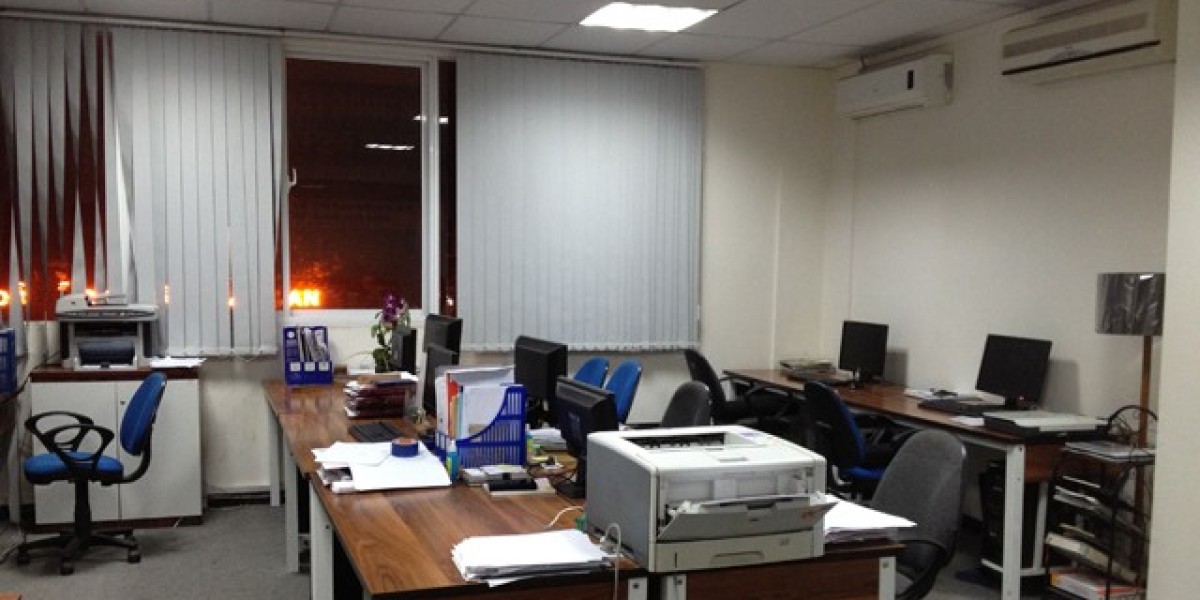The Critical Role of Security Guards in Airport Security
Airports are high-traffic areas where millions of passengers pass through every day. Ensuring the safety and security of these travelers is a complex task. Security guards play a crucial role in safeguarding airport operations, from preventing criminal activity to managing emergency situations. This post will explore the various duties of security guards in airport security and how they help keep both passengers and staff safe.
The Importance of Airport Security
Airport security is essential for protecting public safety and preventing acts of terrorism or other criminal activities. Given the high-profile nature of airports, they are often targeted for unlawful actions. Security guards are at the forefront of these efforts, providing physical presence and ensuring adherence to security measures. By monitoring surveillance systems and conducting patrols, they detect suspicious activities before they escalate.
Security Guards’ Responsibilities in Airports
Security guards at airports handle several important tasks. They monitor and control access to restricted areas, ensuring that only authorized personnel are allowed entry. They also screen passengers and baggage, using X-rays and metal detectors to detect prohibited items. Additionally, security guards help with crowd control, ensuring passengers follow the rules and regulations while maintaining order during boarding and disembarking.
Preventing Criminal Activities
One of the most crucial functions of security guards in airports is preventing criminal activity. This includes identifying potential threats such as theft, fraud, or sabotage. Security guards are trained to recognize suspicious behavior, and their presence alone can act as a deterrent to criminals. Their vigilance in monitoring passengers and their belongings ensures that criminal activities are detected early.
Handling Emergency Situations
In the event of an emergency, security guards are often the first responders. Whether it's a medical emergency, fire, or a security threat, security guards are trained to act quickly and efficiently. Their quick decision-making can help save lives and minimize damage. For instance, they can evacuate people from a building or coordinate with emergency services to provide assistance.
The Role of Security Guards in Screening Passengers
Passenger screening is one of the most critical aspects of airport security. Security guards are responsible for operating and overseeing screening processes, including baggage inspection, body scans, and the detection of dangerous items. They also guide passengers through the process, ensuring that all security protocols are followed. This contributes to the smooth functioning of the airport while preventing any potential security breaches.
Collaborating with Other Security Personnel
Airport security is a collaborative effort that involves many individuals working together to ensure safety. Security guards work closely with police officers, customs agents, and other airport staff to handle any security concerns. Their teamwork ensures that all security protocols are enforced consistently and efficiently across the airport, contributing to a safe environment for everyone.
Managing Access Control and Surveillance
Access control is another crucial responsibility of airport security. Security guards monitor restricted areas, including runways, control towers, and baggage handling areas. They ensure that unauthorized individuals do not gain access to these high-security zones. Guards also operate surveillance equipment to monitor activity throughout the airport, providing a 24/7 watch over sensitive areas.
Preventing Terrorism and Acts of Violence
In the post-9/11 world, airport security has become a top priority for governments worldwide. Security guards are trained to detect and prevent terrorist threats, including identifying potential bomb threats and responding to suspicious packages. Their ability to remain calm under pressure and assess risks allows them to respond effectively to situations that could potentially lead to violence.
The Training Security Guards Receive
Security guards undergo extensive training to prepare for the unique challenges they will face at airports. This training covers everything from conflict resolution to emergency response, physical security, and crowd management. Many security guards also undergo specialized training for handling dangerous situations, including identifying explosive devices or potential acts of terrorism. Their skills and preparedness make them an indispensable part of airport security.
Enhancing Passenger Experience through Security Guards
While security guards play a vital role in ensuring safety, they also contribute to enhancing the passenger experience. Their presence provides reassurance to travelers, knowing that there are professionals ensuring their safety. Security guards are trained to maintain a friendly and approachable demeanor, helping to reduce anxiety among passengers while still enforcing strict security protocols.
Working with Technology for Better Security
Modern airport security systems rely heavily on technology, including surveillance cameras, metal detectors, and biometric identification systems. Security guards work in tandem with these technologies to monitor and respond to security threats in real time. For example, surveillance cameras help guards identify suspicious individuals or activities, while access control systems ensure that only authorized personnel can enter restricted areas.
The Role of Static Security Guards in Airport Security
Static security guards are stationed at key points within the airport, such as entrances, baggage claim areas, and security checkpoints. These guards are responsible for ensuring that security procedures are followed and for providing a visible presence that deters criminal behavior. They often work alongside security screening teams to ensure that passengers and luggage are thoroughly checked before boarding.
You can learn more about the benefits of hiring static security guards for your airport operations at Security Guard Services.
The Challenges Faced by Security Guards at Airports
Security guards face several challenges when working in airports. One of the main challenges is dealing with large crowds of passengers, especially during peak travel times. Ensuring the smooth flow of passengers while maintaining high-security standards requires both precision and patience. Additionally, security guards must stay alert for extended hours, as airports operate 24/7.
How Security Guards Contribute to Airport Efficiency
While security guards are focused on safety, they also play an important role in ensuring that airports run efficiently. By managing queues, directing passengers, and helping with baggage handling, they contribute to the smooth operation of the airport. Their role in maintaining order helps reduce delays and ensures that passengers move through security checks quickly and safely.
FAQs
1. Why are security guards important in airport security?
Security guards help prevent criminal activities, ensure passenger safety, and respond to emergencies. Their role is crucial in maintaining the overall security of the airport.
2. What kind of training do airport security guards receive?
Security guards undergo extensive training in areas such as emergency response, conflict resolution, and surveillance operations to prepare them for various security challenges.
3. What are static security guards?
Static security guards are stationed at key areas within the airport to oversee security protocols and manage passenger flow, enhancing overall safety.
4. How do security guards prevent terrorism at airports?
Security guards are trained to recognize signs of terrorist activities, including suspicious behavior and unauthorized access to restricted areas, helping to prevent potential threats.
5. Do security guards interact with passengers at airports?
Yes, security guards interact with passengers to ensure smooth security checks while also maintaining a reassuring and friendly presence to help reduce anxiety.
6. What is the role of technology in airport security?
Technology, such as surveillance cameras and metal detectors, assists security guards in monitoring activity and identifying threats, allowing them to respond quickly and efficiently.








